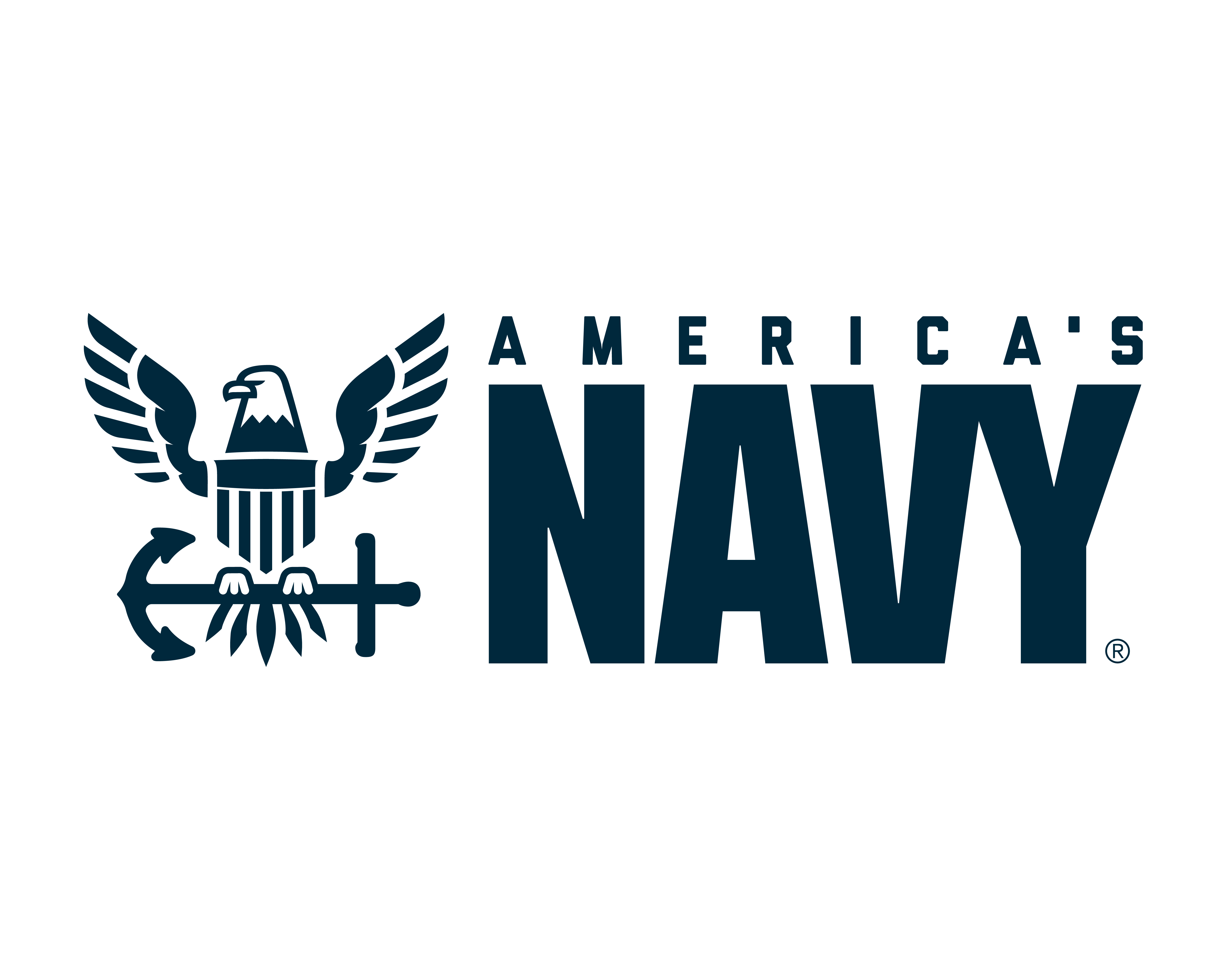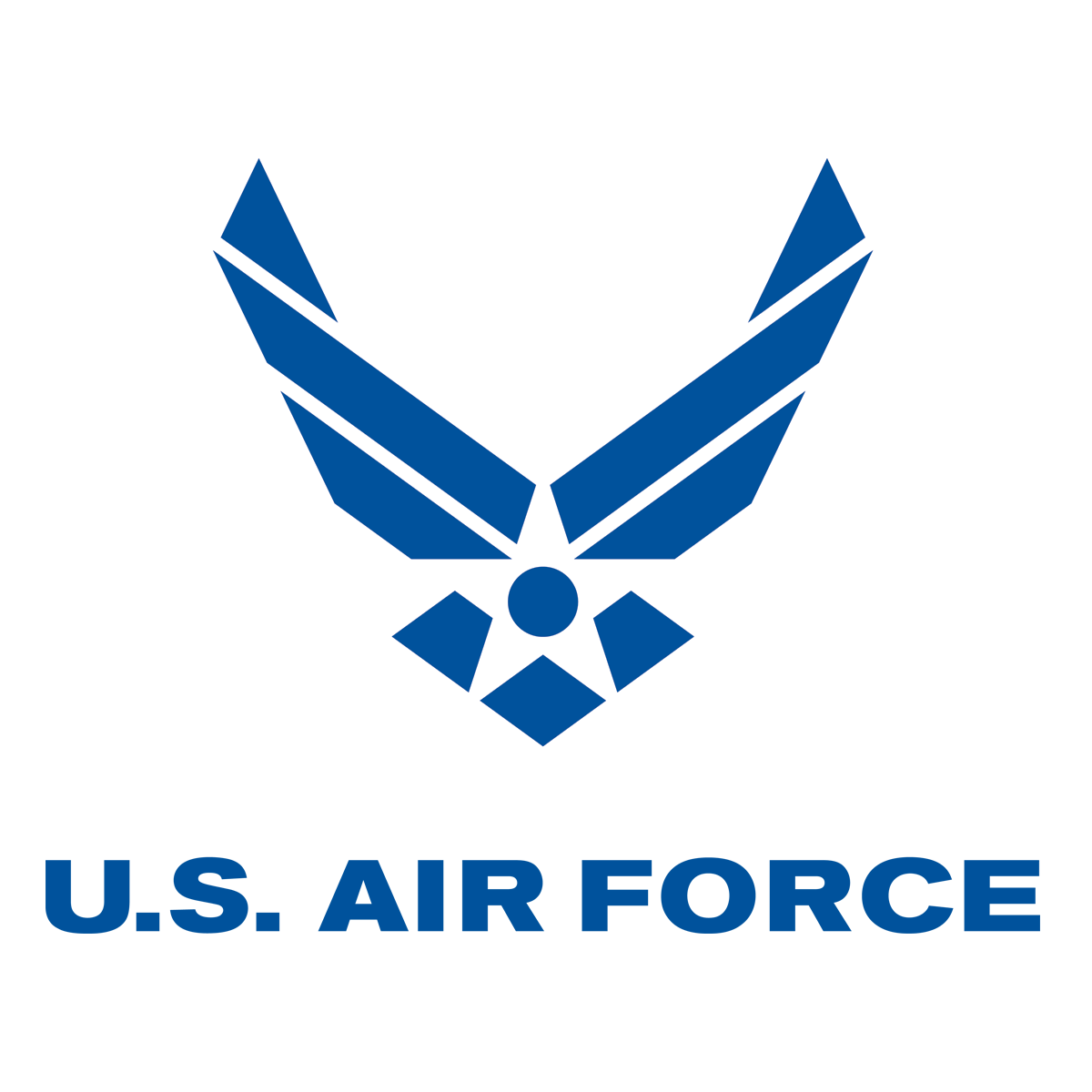Military Communications Equipment Operators
Military Career
General Information
Description
Communications equipment operators are responsible for generating, transmitting, tracking, and routing military communications. They operate sophisticated, state-of-the-art, electronic receivers and associated analysis and recording equipment to collect airborne, shipborne, land-based Radio Detection and Ranging (RADAR), and other signals within the electromagnetic spectrum. They use this equipment to communicate a wide range of information, including operational plans and the transmission of classified information. They may perform limited operator maintenance.
Explore this career outside the MilitaryWork Environment
Communications equipment operators may work either indoors or outdoors, depending on the specialty. They may be assigned to ships, aircraft, land bases, or mobile field units.
Comparable Industries
- Information Technology
Military Outlook
Service Branches
Jobs in this career field may be available in other service branches. Call or email a particular branch for more info.
Military Status
- Enlisted
- Hands-on/specialized
- High school diploma required
Military Workforce
Communications Equipment Operators in the Military
72,851
Salary
Salary Information
Median Military Salary This is the median, or the midpoint, of the salary range for this career.
$69,792
Military Salary Range Salary varies based on years of service, degree level, special pays, family status and location. Learn more about Military benefits.
$22,748 - $236,074
What makes up a Military salary?
Military salaries include a lot more than just base pay.
They also offer:
- Housing allowances
- Subsistence allowances
- Special and incentive pays
- Cost-of-living allowances
- Hazardous-duty pay
- Bonuses
Learn more about what goes into a salary with the compensation estimator
Learn more about military insurance and retirement benefits
Education
Most Common Education Levels
People in this career achieve this level of education.
-
Post-secondary certificate 23%
-
Bachelor's degree 19%
-
Some college 14%
-
Associate's degree 14%
-
Post baccalaureate 14%
-
High school 4%
-
Master's degree 4%
-
First professional degree 4%
-
Doctoral degree 0%
-
Less than high school 0%
-
Post-doctoral training 0%
-
Post-master's certificate 0%
Military training
All enlisted service members complete basic military training, which includes time spent in a classroom and in the field, and covers tactical and survival skills, physical training, military life and customs, and weapons training. Job training for communications equipment operators consists of classroom and on-the-job instruction, including practice in operating a variety of communication systems. Training content varies depending on specialty, and may include: Radio/satellite equipment installation, operation, and maintenanceCommunications securityMessage encoding and decodingCommunications plan developmentSignals exploitation
Read MoreKnowledge
- Telecommunications
- Computers and Electronics
- Customer and Personal Service
- Engineering and Technology
- Mathematics
Gain insights into your knowledge by using the ASVAB Career Exploration Program
 Army
Army Marine Corps
Marine Corps Navy
Navy Air Force
Air Force Coast Guard
Coast Guard Space Force
Space Force